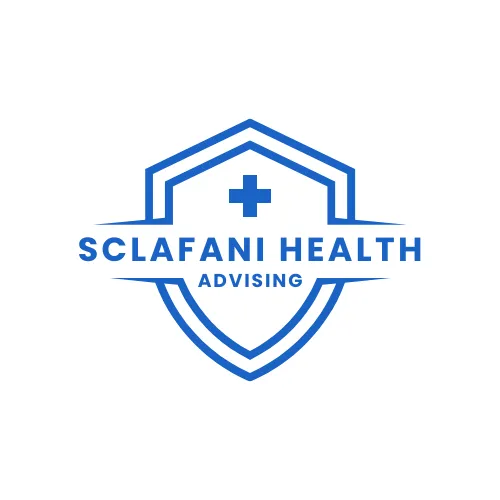Ways to get coverage
1. ACA Obamacare plans
The public marketplace offers plans under the ACA, active since 2014, enabling those below the FPL to get subsidies for affordable health care while allowing coverage despite pre-existing conditions.
If you qualify for government income-based subsidies or have major pre-existing conditions this may be the best route for you.
2. Private market plans
The private market predominantly offers health-focused policies with medical underwriting, leading to selectivity in clientele. This exclusivity reduces company risk, enabling competitive pricing and better coverage for qualified individuals with minor or managed pre-existing conditions.
If you are in good health and aren't eligible for much government assistance this may the best route for you.
3. Employer plans
Employer plans benefit employees with employers usually covering 50% of their monthly premiums. However, employers contribute nothing towards family member add-ons, leading to significant cost increases for families who pay full price on their portion of the plan.
If offered employer coverage Consider the cost of individual versus family plans being on separate policies could save you hundreds monthly.
FAQS
How Much Should My Deductible Be?
Your deductible is the amount you must pay in medical expenses prior to receiving any benefits. Your ideal deductible should be determined by your average annual usage of healthcare.
What Is The Difference Between A Copay And A Coinsurance?
Your copay is the amount you are responsible for towards physician visits, prescriptions, urgent care, labs, etc. Your coinsurance is the percentage of costs you pay once you've met your deductible.
How Much Should My Out Of Pocket Max (OOPM) Be?
Your out-of-pocket max is the most you have to pay for covered services in a plan year. Your OOPM varies based on the level of coverage you choose and should be a realistic amount you can contribute in the case of a catastrophic event.
What Is the Difference Between A PPO Or HMO Network?
Your network is what determines your access to Hospitals, facilities, and physicians. A PPO lets you choose any physician you like, either inside or outside of your network without needing to obtain a referral from a primary care Physician.
An HMO only allows you to see a particular group of physicians within your network, referrals must be obtained to see any kind of specialty physician.
Can I cancel at any time?
Yes, there are no contracts for any type of health insurance plan, besides employer coverage. You can cancel at anytime for both the public and private health insurance plans.
Will I qualify for Private Health Insurance?
You don’t have to be an olympic athlete by any means, but if you are in relatively good health then you should be a strong candidate.
Of course individual considerations will be made, but if you don’t have any major pre-existing conditions such as cancer, heart attack, stroke, or diabetes then a private plan may be right for you!
Does it have to be "Open Enrollment" to be able to sign up for Private Insurance?
This only applies to Marketplace/ACA/Obamacare plans and Employer sponsored plans. Private plans are available year-round! There are no limitations of when you can get on and off of a private plan.
Do you only work with health insurance? What about dental, vision, life, etc?
No. I can also write policies for Dental and Vision as well!
I have many trusted referral partners for Life Insurance and Investment policies, so I am always happy to refer you to one of them if there is something I can’t help you with.
Is private insurance expensive?
It is much less expensive than you think! Since the rates for private healthcare are based on health, and not your income, you will generally see lower prices AND better benefits if you can qualify. Most clients save anywhere from $1200-3600 per year!
Get In Touch

